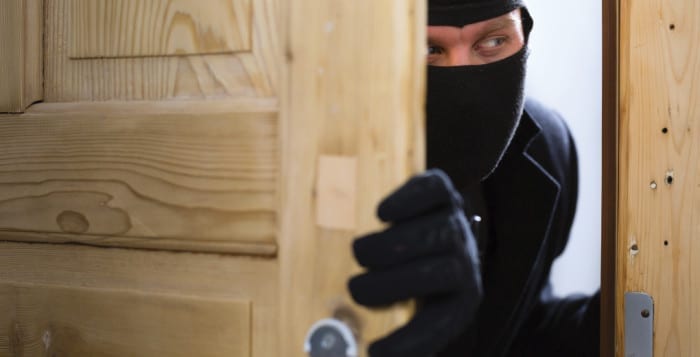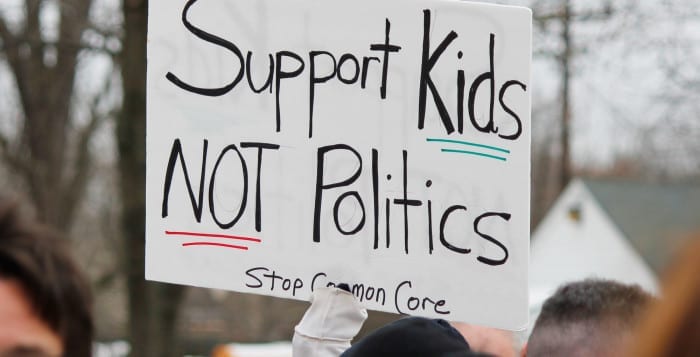Thanks to legislation introduced by Suffolk County Legislator Tom Muratore (R-Ronkonkoma), the county could be the next municipality in the nation to create safe spots — public locations where residents can exchange goods and conduct private sales.
Similar safe havens have been created throughout the United States — in Georgia, Missouri and Connecticut, for example — in response to crimes committed against people using websites like Craigslist to buy and sell goods. While the majority of Craigslist transactions occur without incident, there is always the chance of someone taking advantage of the situation, whether it be robbing the other person in the transaction or physically harming them in some way.
We applaud Muratore, a former Suffolk County police officer, for looking into this simple solution to deter unscrupulous individuals from harming others.
But if the county does move forward with this idea, we hope the locations will be in active places; be monitored by surveillance; be heavily signed, notifying visitors that it is a safe spot and is being monitored; and provide residents with safety tips for engaging in such exchanges in an effort to be even more proactive than reactive.
As Muratore said, “Technology is changing the way people are doing business,” and we have to change with it.













